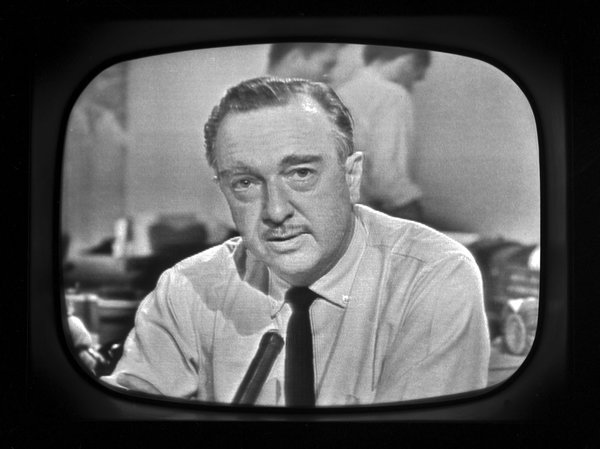News of NBA champion Kobe Bryant’s death swept mainstream news sites on Sunday. Whether you follow sports in any capacity or not, Bryant’s name is a familiar one, and his and the other eight passengers’ passing shocked, well, everyone.
It must have been even more shocking and especially heart-wrenching then to learn of the accident as the wife to Bryant and mother to their daughter Gianna, someone who isn’t a fan or part of the general public, but someone who loved and cared for them both deeply.
And what must have stung even more than just knowing it had happened at all is the fact that Vanessa Bryant learned about their deaths through TMZ, a news site that wanted to be the first with the story. They reported information that was unconfirmed and incorrect.
In a world where news is at our fingertips in the minutes following its actual occurrence, it is easy to understand why any news organization would jump at the chance to report any big story as quickly as they can. People often demand information instantaneously, and even full-grown adults get frustrated when their phone won’t load the one page to answer their burning question within a few seconds.
And many reporters and news agencies latch on to this need to know everything now. They have the tendency to cater to people’s desire for quasi-instantaneous news. So they want to be in the know, and they want to be first. And most importantly, they want the world to know that they were first so that people will come to them with the thought that this site will have the news now.
Being first has always been something that journalists have wanted to be, even before the immediacy of social media took over, even before the internet existed. When President John F. Kennedy was assassinated in 1963, news organizations jumped at the chance to report his untimely death, even before it was confirmed by officials.
One person who did wait for the official statement to be released was Walter Cronkite, an anchor on CBS News. Though other organizations had already started reporting the incident as a death, Cronkite held off until it was certain that Kennedy had died. Not only that, but he provided the public with information and added more details to his reports as things were confirmed.
For that, Cronkite was trusted then and presented as a model for journalists-in-training up through the present day. He may not have been first, but he didn’t have to retract any of his reports, and arguably more importantly, considering the current issue, he didn’t overstep the boundary of informing the public before Kennedy’s next of kin were notified.
We must take care as journalists when we’re reporting; it’s something fundamental that any classroom-trained reporter knows from the moment they set foot in front of a professor on day one, and something that any field-trained journalist would pick up quickly from those around them.
Jumping on a story, learning about it and informing the public on it is important, yes. But equally important is remembering that the people in the stories we’re reporting on are just that: people. They have emotions and lives, and by publishing inaccuracies or disregarding the sensitivity of a story, journalists could harm — and have harmed — people, especially those in vulnerable positions.
No matter how experienced a journalist may be, or how established a news organization is, there is always the possibility of slipping up on a particular story. That is, slip-ups happen when the proper steps aren’t taken to ensure accurate coverage.
The only way to protect against these mistakes is for every journalist and every news site to be vigilant in collecting their facts. No information must go without confirmation from official sources, no fact must remain uncorroborated. Forgoing these things leads to, at the very least, embarrassment for those who published the information, and unfortunately often greater heartbreak for those most affected by the story.
The humanity of the subjects of a story and that of the public itself is something that journalists cannot afford to gloss over, especially in a time when any mistake they make will live forever on the Internet.
For comments/questions about this story, email [email protected] or tweet @TheWhitOnline.
























































































































































!["Working with [Dr. Lynch] is always a learning experience for me. She is a treasure,” said Thomas. - Staff Writer / Kacie Scibilia](https://thewhitonline.com/wp-content/uploads/2025/04/choir-1-1200x694.jpg)










































